Demystifying Emotional Intelligence

Emotional intelligence isn’t just a buzzword. This article demystifies EQ with practical behaviors, real-life scenarios, and progress markers to help leaders build trust, resolve conflicts, and inspire collaboration. Gain actionable insights to elevate your leadership and avoid common pitfalls.
Feel your emotions, don’t lead with them

Ever feel like your emotions are running the show? As a leader, moments like these can either strengthen or weaken your impact. Discover how to harness your emotions to build trust, drive results, and lead with steadiness and impact.
Are you making bad decisions?

Is your decision-making style be sabotaging your success? How do you ensure you’re making the right choices? Read more to explore how your decision-making process could be your biggest asset—or your biggest hurdle.
How to use empathetic responses to drive employee satisfaction

Curious how you can drive employee satisfaction? We all have a strong inclination to offer unsolicited advice/solutions, solve problems for others, or automatically provide direction. While there are definitely times when this approach is appropriate, it should be used intentionally, as it may not always help someone feel truly heard or valued.
Stop invalidating others in the workplace

Read this to understand how you’re invalidating others, why validation is important, find out consequences of invalidation, and what you can do with this information.
12 common biases you might be exhibiting

These are common biases that you might be exhibiting – whether you are aware of them or not. Think about how these might be showing up for you.
Resources to elevate self-awareness

Want to elevate your self-awareness? Here are 31 curated resources to help you.
Trust: earned or given in the workplace?

This can be an extremely emotionally charged topic. My intention with this is to educate you on why there’s often so much distrust at work, to provide you with a more zoomed-out perspective on trust, and to help you think about the crucial role trust plays in a high-performing team.
Why seeking perfection instead of progress is hurting you

How many of you are perfectionists? Perfectionism might be negatively affecting your self-esteem and confidence levels. Does perfectionism cause you paralysis when you have to work on a task or make a decision? Do you avoid things because of fearing failure or mistakes?
How to effectively share your work style & communication preferences

Wouldn’t it be helpful if we understood ourselves well enough and we felt confident enough to share with others our quirks and hot buttons in order to help them communicate more effectively with us?
How negative self-talk and firmly held beliefs are holding you back

These negative self-talk thoughts can be so subconscious that we don’t even realize they’re happening. We also automatically make them a fact, without challenging them or their validity. This can be majorly holding you back from achieving your goals, reaching your potential, feeling confident and secure, and exhibiting highly-effective competencies.
Stop over-apologizing at work

“Sorry” has become an overused word and when it is overused, it loses meaning and sincerity. Often, it is being used for things that don’t require an apology. Additionally, when you apologize for things that do require an apology but do so without genuine remorse or an attempt at changing your behavior – is worthless and erodes trust.








